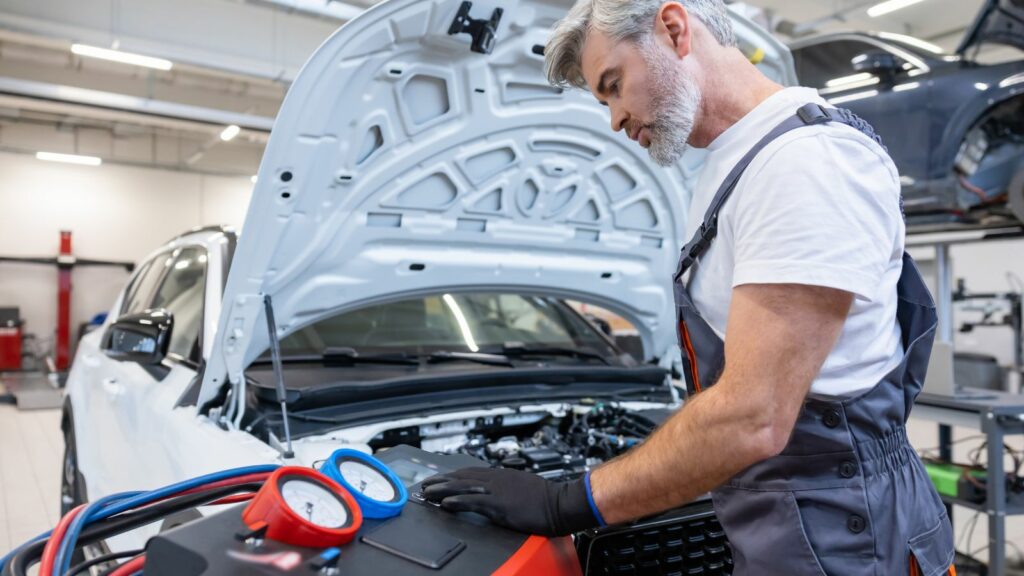Cars are incredible machines, but no matter how reliable your model is, repairs will eventually come calling. Even with regular maintenance, parts wear out, batteries fade, and systems fail. Some repairs are minor inconveniences while others hit your wallet hard. Almost every car owner can count on facing these ten common repair costs at least once, whether you are driving a budget compact, a luxury sedan, or even an electric vehicle.
Brake Pad and Rotor Replacement
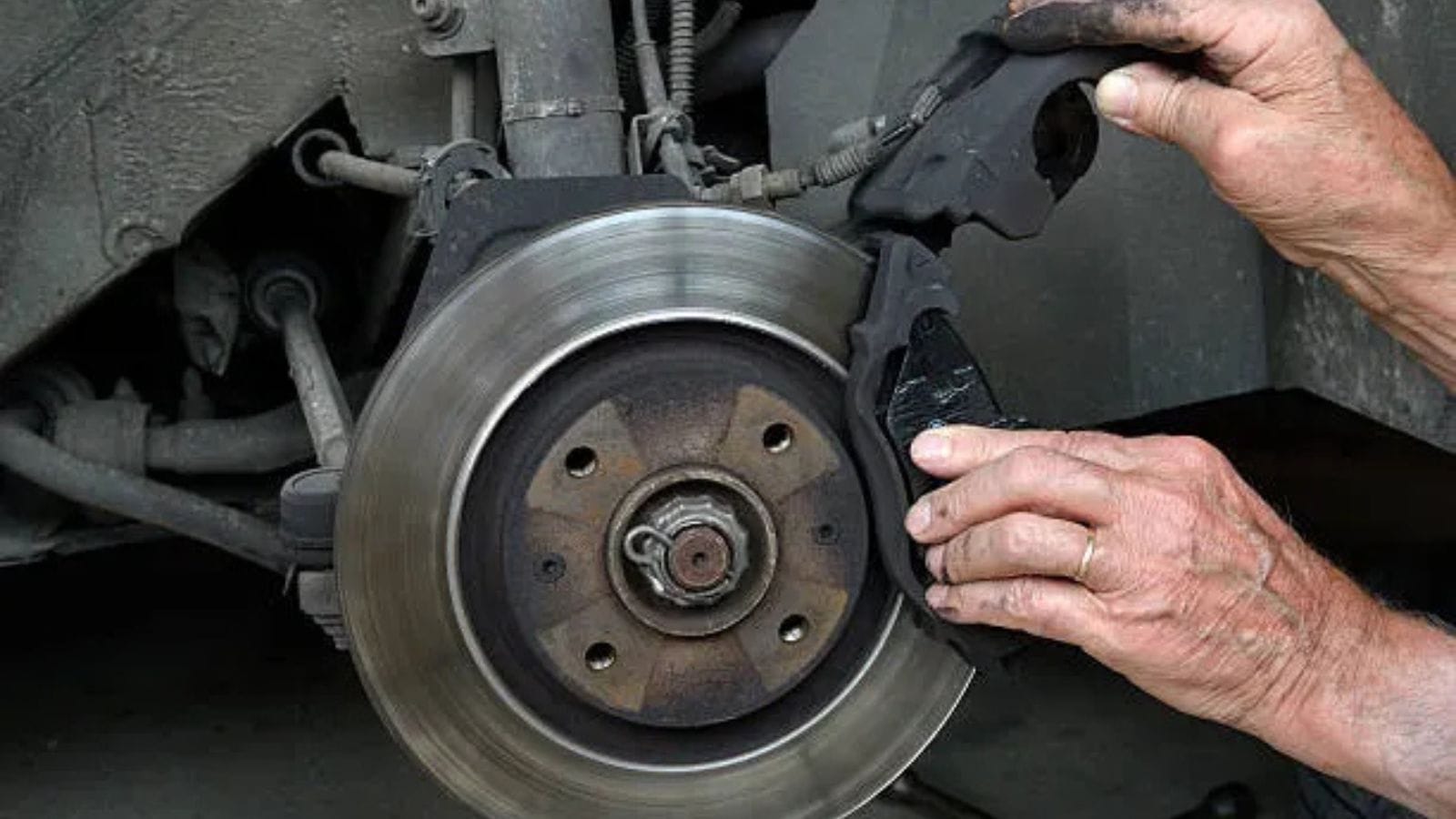
Brakes are one of the most used parts of any car. Pads usually need replacing between 30,000 and 70,000 miles, with rotors often wearing down soon after. For budget cars, a pad replacement might cost around $250 to $400, while including rotors pushes it closer to $600. Luxury models with larger performance brakes can run $1,000 or more. Electric vehicles use regenerative braking to extend pad life, but when they finally need work, costs are often similar to luxury vehicles due to more complex systems.
Battery Replacement
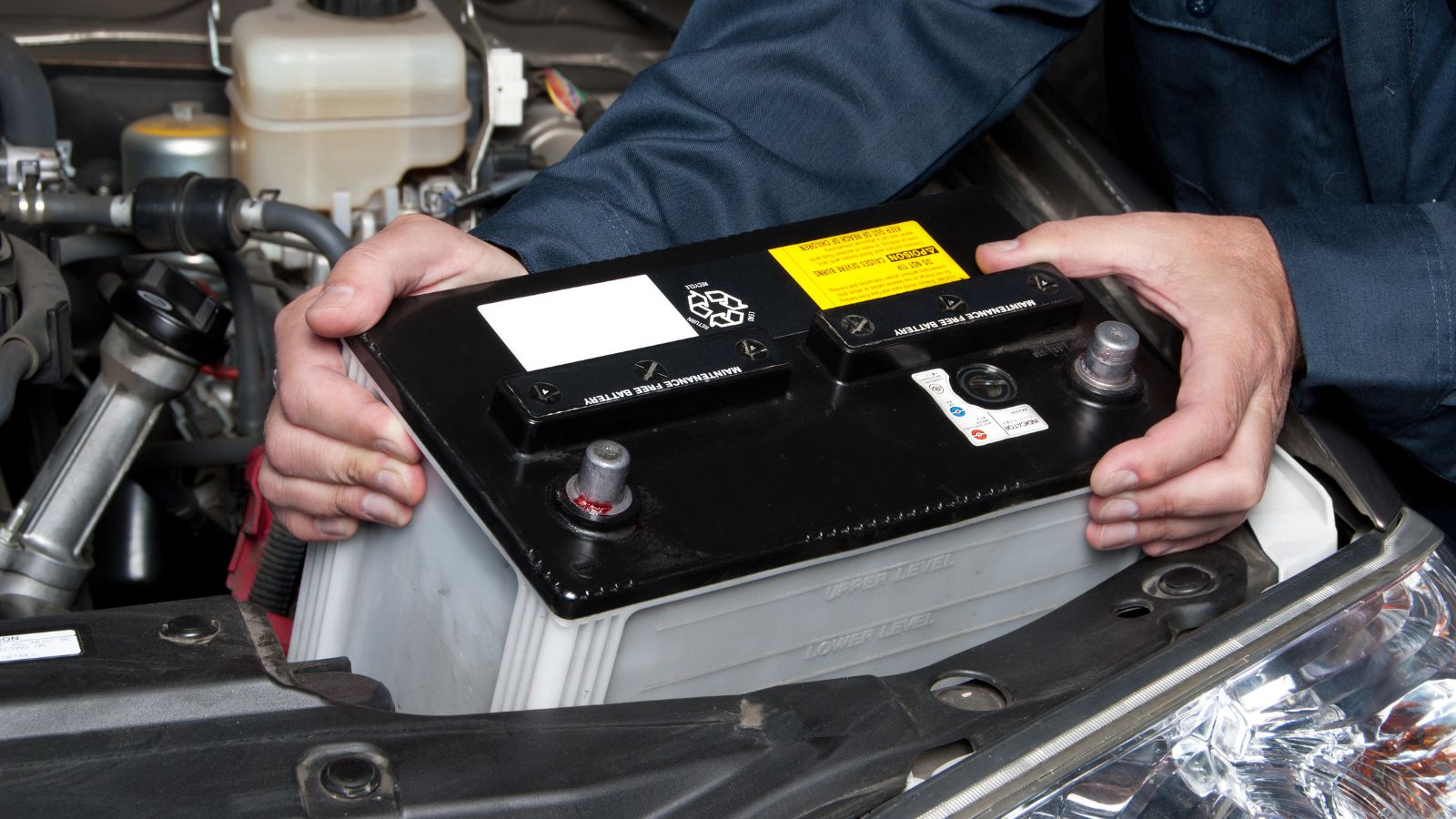
Traditional 12 volt batteries last three to five years before giving out. A replacement for a budget car costs between $150 and $250, while premium start stop systems in luxury cars can push that to $400 or $500. Hybrid and EV batteries are in a different league entirely, costing anywhere from $3,000 to $8,000 for hybrids and up to $15,000 for large EV packs. While warranties often cover early failures, owners of older EVs may eventually face this massive expense.
Alternator Replacement
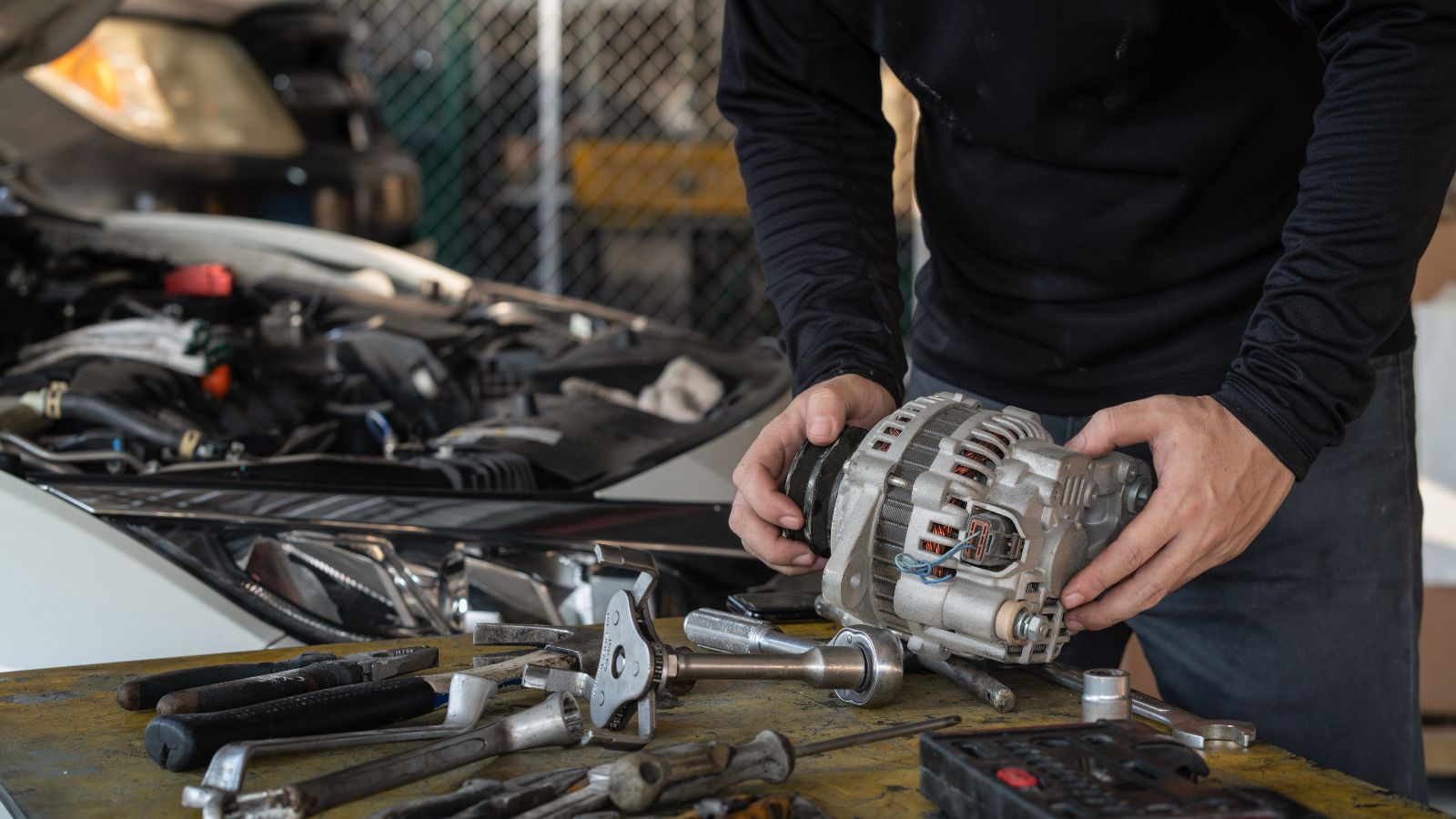
When the alternator goes bad, your car struggles to keep its battery charged and electronics running. For compact cars, the repair usually lands in the $400 to $600 range. Luxury cars with complicated electronics can push the bill past $1,200. Some EVs use DC to DC converters instead of traditional alternators, but those components can also fail, and replacements are often more expensive than their gas powered counterparts.
Tire Replacement
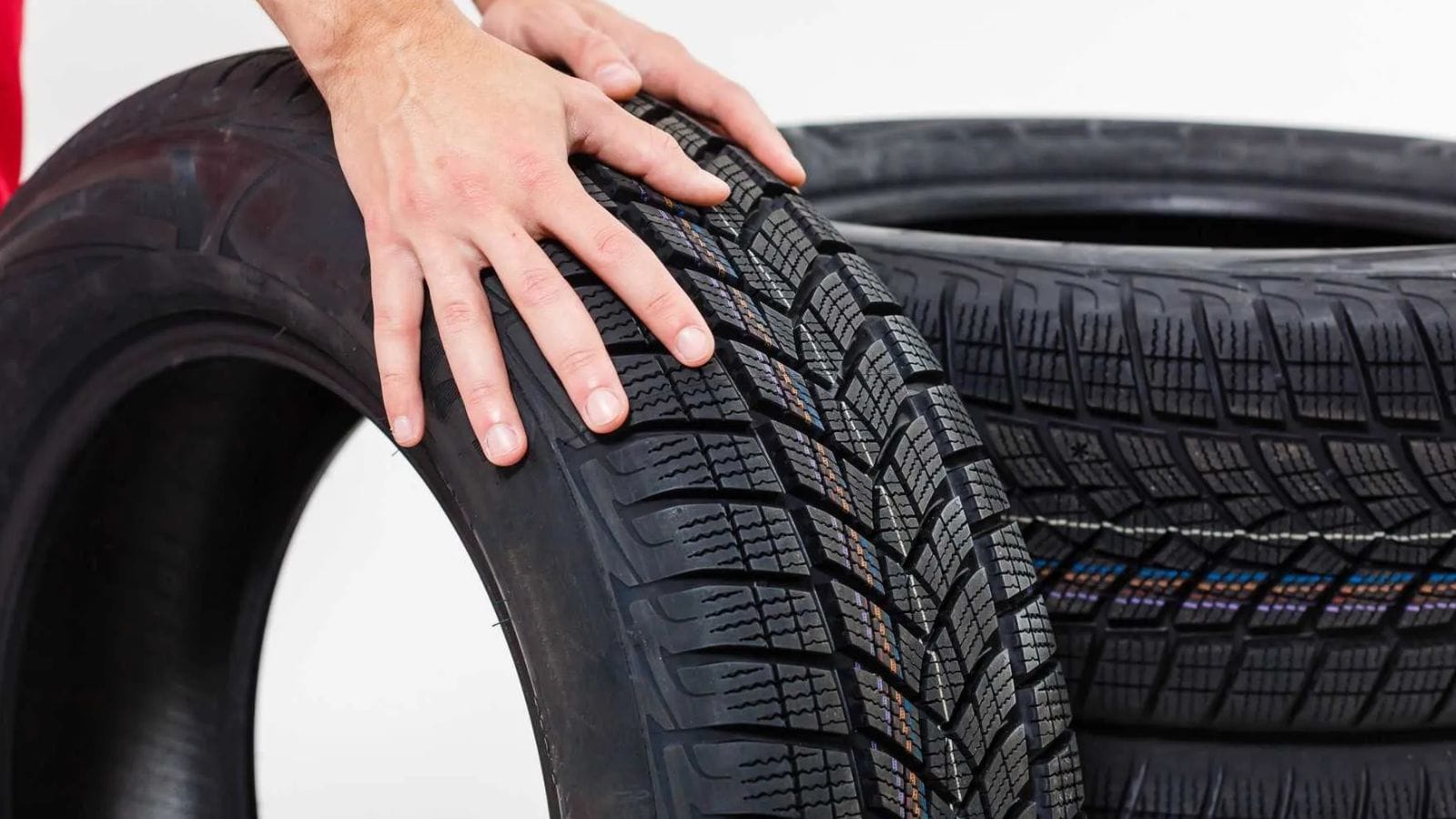
Tires wear down faster than most drivers expect, and costs vary wildly. A set of budget compact car tires might be $400 to $600 installed. Mid size sedans and crossovers often pay $700 to $1,000 for a set. Performance cars and large luxury SUVs can see tire bills of $1,500 to $2,000, especially with staggered wheel setups. EVs add another wrinkle because of their heavier weight and high torque, which wear tires quickly. Some Tesla and Rivian owners report replacing tires every 20,000 miles, with sets often costing $1,200 to $1,800.
Suspension Repairs
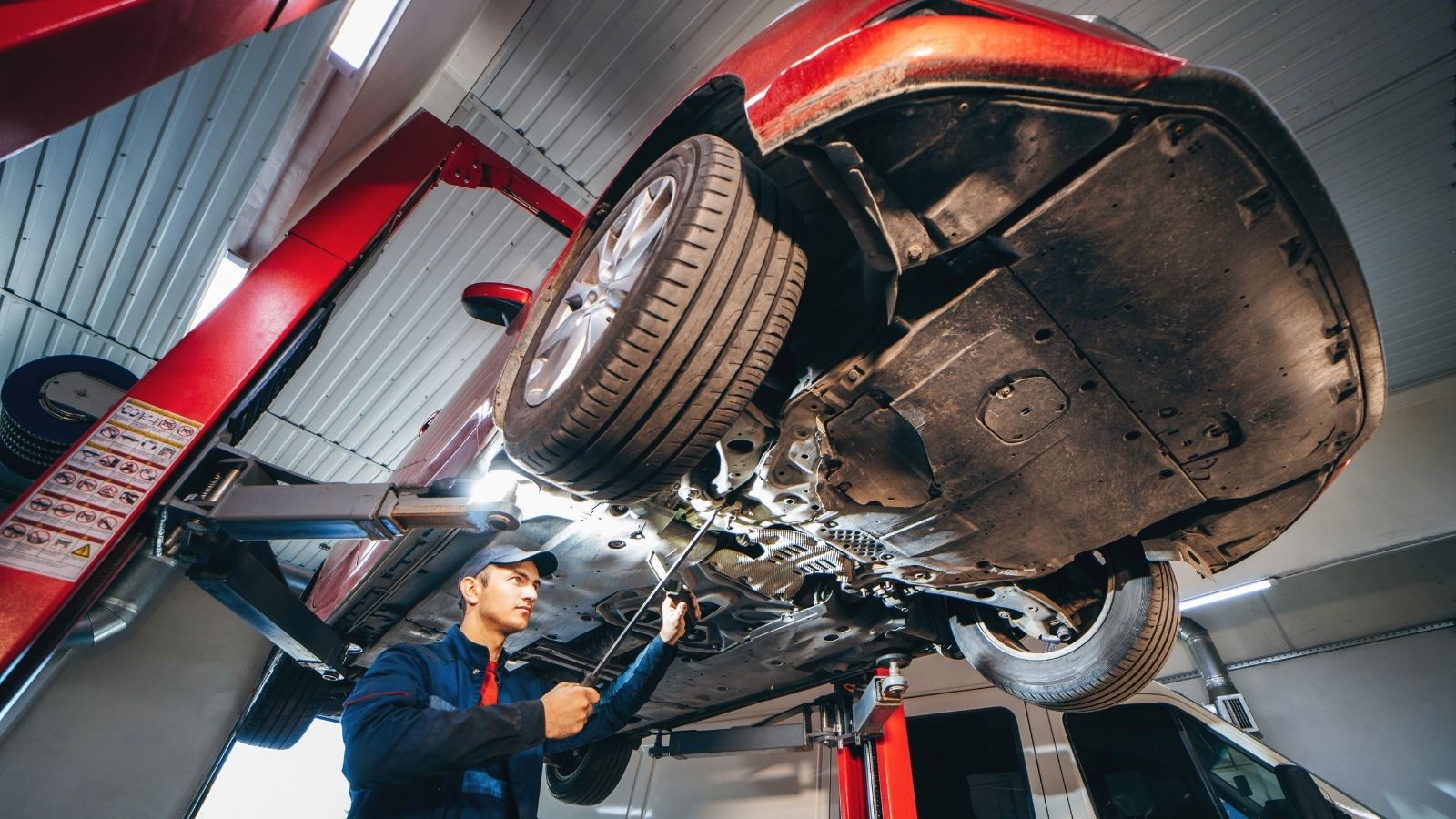
Suspension components such as shocks, struts, bushings, and control arms take constant abuse. For a small sedan, replacing shocks and struts may run $500 to $800. A luxury SUV with adaptive suspension or air suspension can easily push costs over $2,500. Electric vehicles with adjustable air suspension, like the Tesla Model X, are notoriously expensive to repair when the system fails. Ignoring worn suspension parts can lead to uneven tire wear and even damage to steering systems, which only multiplies the cost.
Timing Belt or Chain Replacement
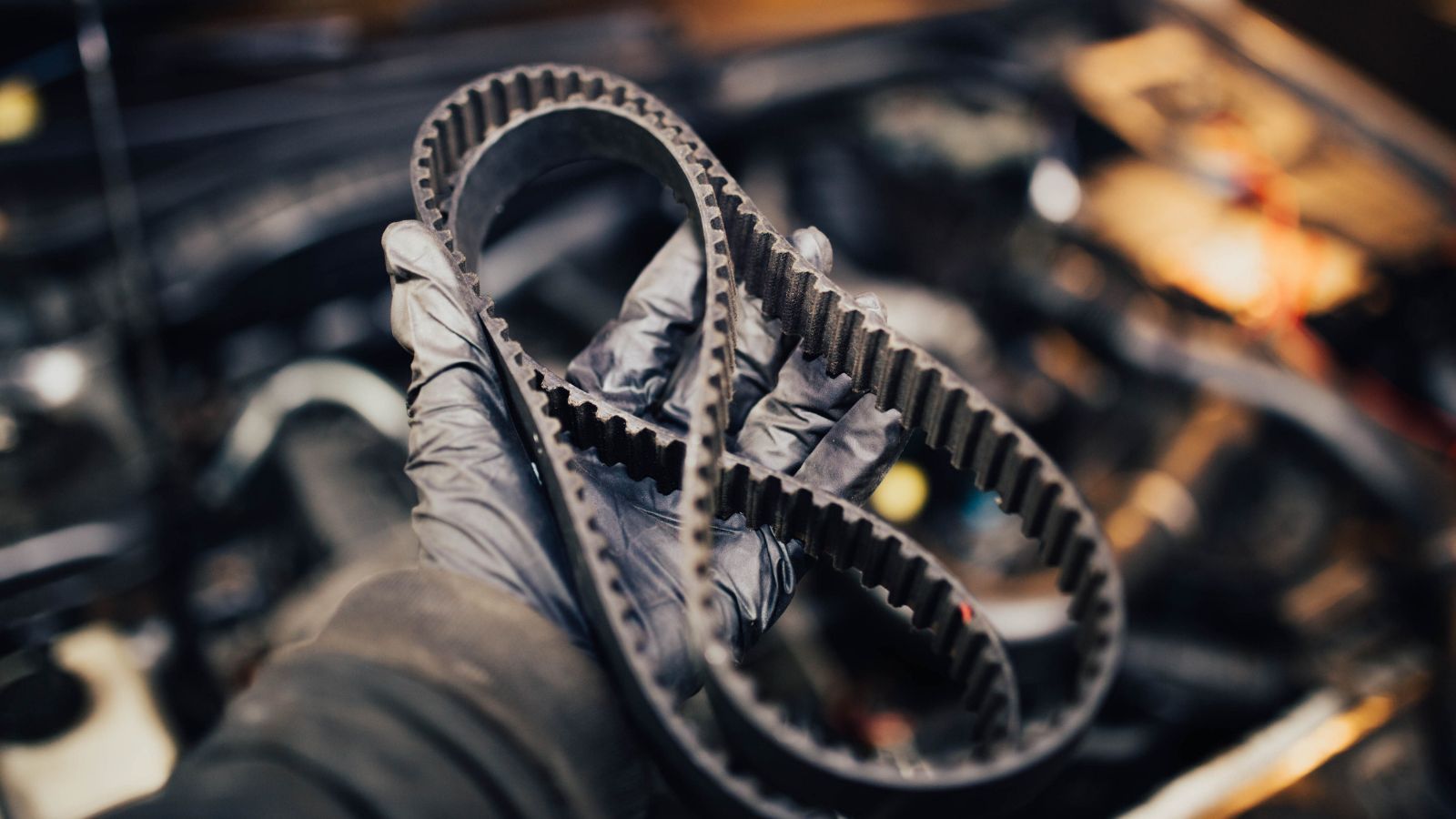
For vehicles with a timing belt, replacement is recommended around 60,000 to 100,000 miles. Small sedans typically cost $600 to $900, while larger engines or luxury cars can range from $1,200 to $1,800. Some vehicles use timing chains, which last longer but are not immune to failure. A stretched chain can cost even more to replace because of the labor involved. EVs do not have timing belts or chains, which eliminates this repair entirely, but it remains one of the most critical costs for gas powered cars.
Water Pump Replacement
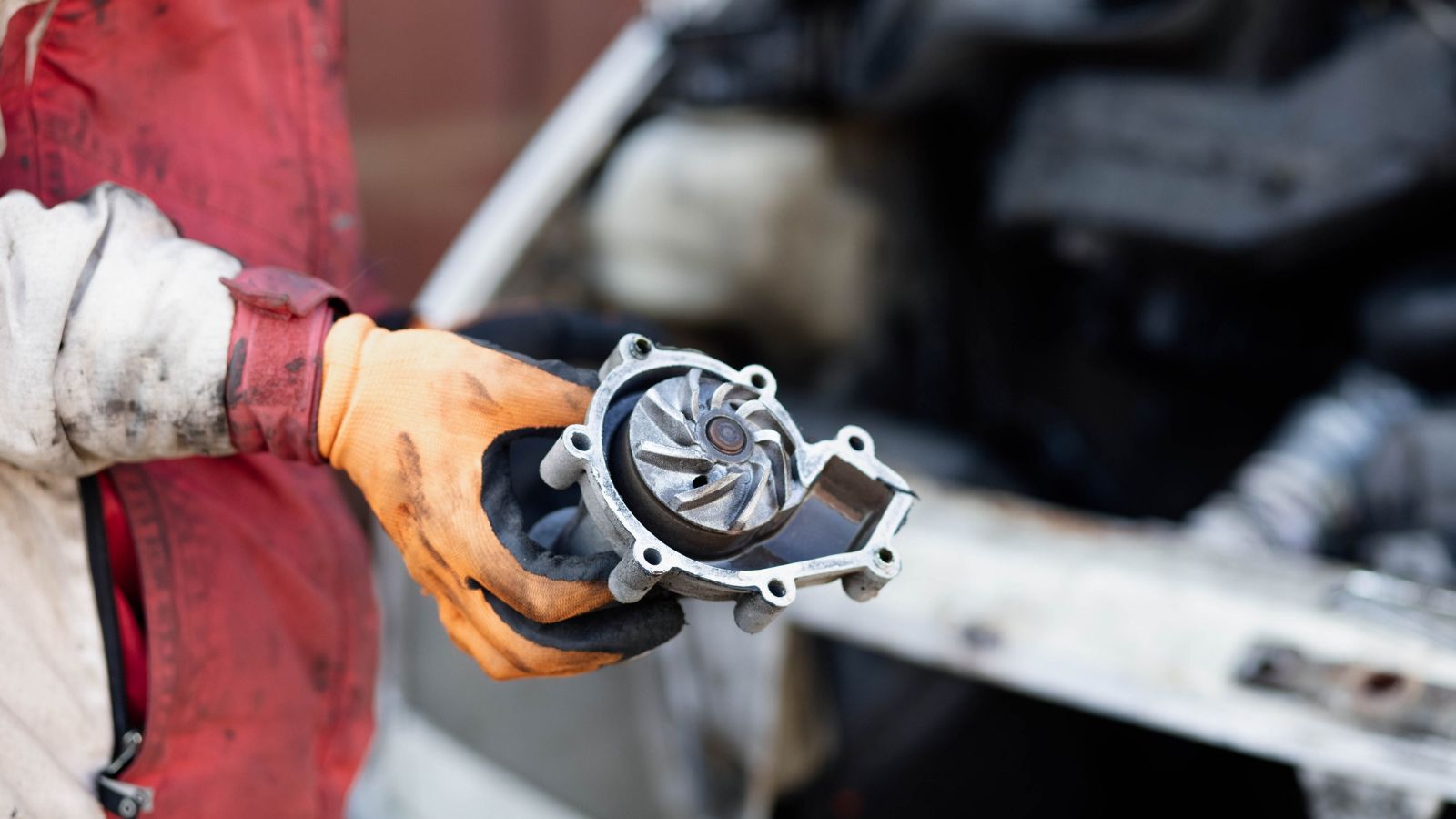
The water pump is essential for keeping an engine cool. A small compact car repair may cost $400 to $700, while luxury or high performance cars can climb past $1,500. In many models, especially those with timing belts, water pump replacement is often done at the same time as the belt since they share the same labor process. EVs avoid this repair but may need cooling system service for their batteries and motors, which can also be costly though less common.
Starter Motor Replacement
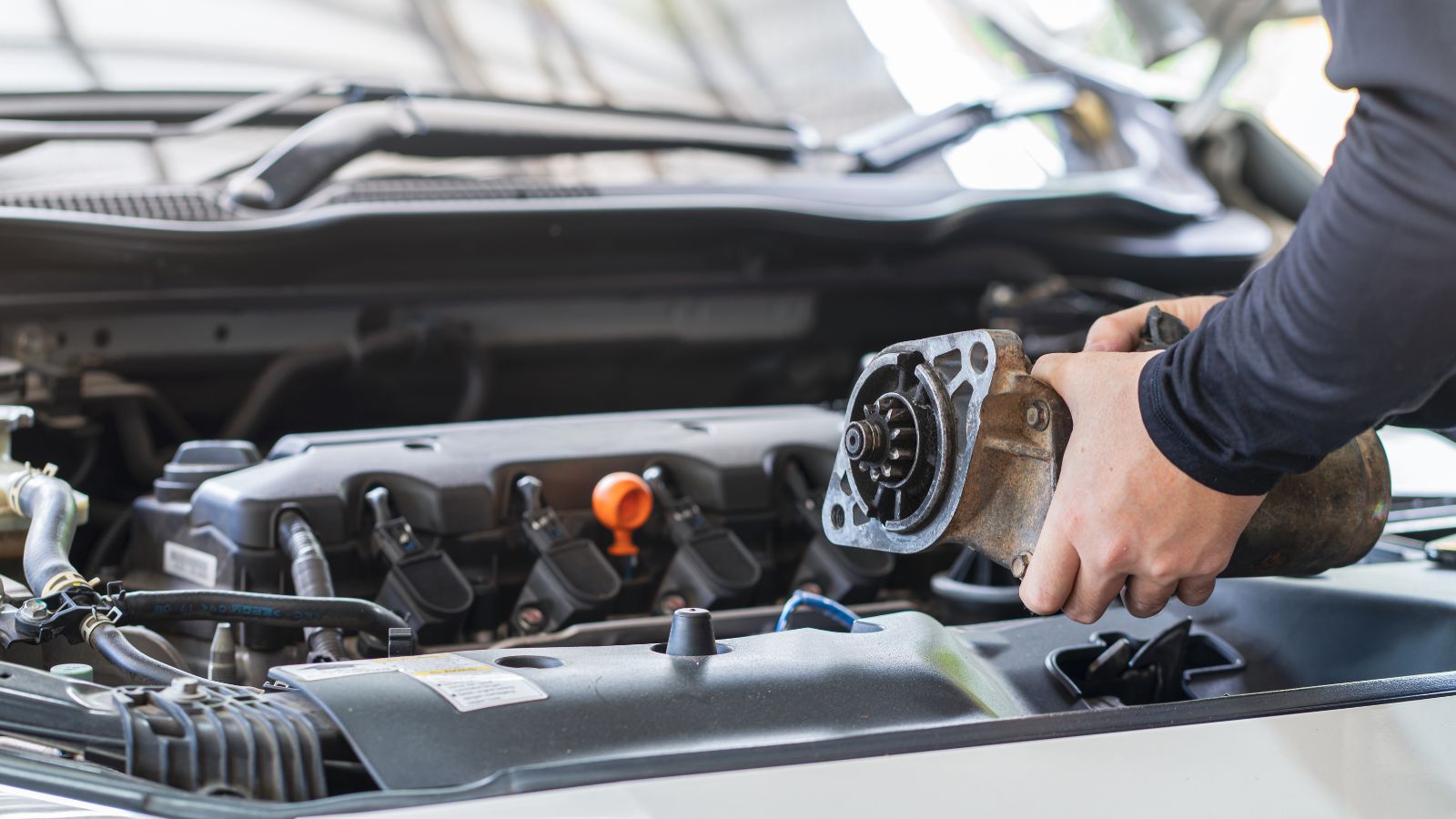
When you turn the key and nothing happens, a failing starter motor may be to blame. Replacements for budget models can be as little as $300, while larger vehicles and luxury cars can cost between $700 and $1,200. EVs do not use starter motors, but hybrids still do, and their replacements tend to be more expensive because of the integration with high voltage systems.
Exhaust and Muffler Repairs
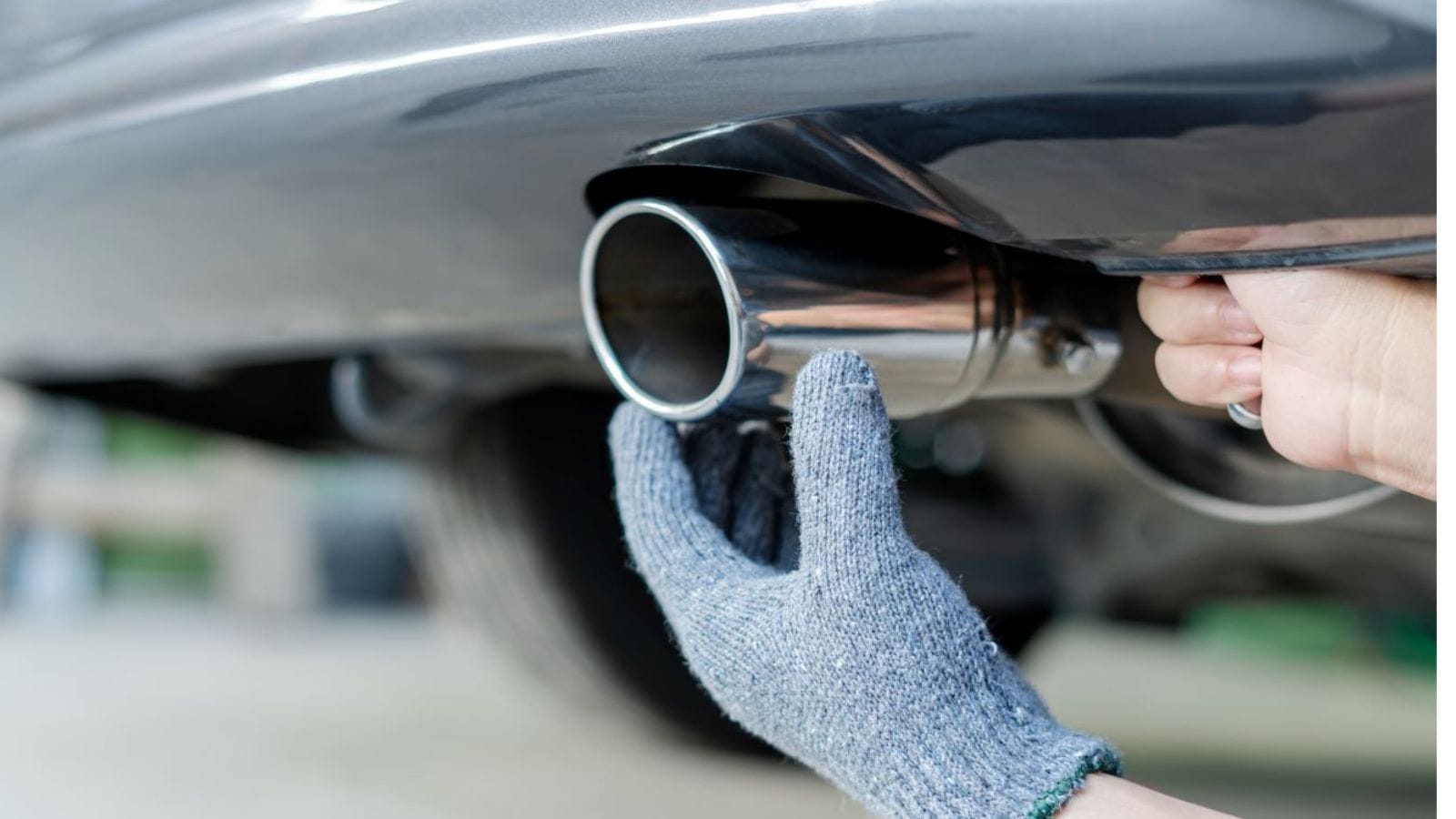
Exhaust systems are exposed to the elements and prone to rust and leaks, especially in colder climates where salt is used on roads. Replacing a muffler might only cost $250 on a budget car, while luxury models with elaborate exhaust setups can cost $1,500 or more. Catalytic converters are even more expensive, often costing $1,000 to $2,500 depending on the vehicle. EVs do not have exhaust systems, eliminating this repair entirely, but owners of gas and hybrid cars will face it eventually.
Air Conditioning Repairs
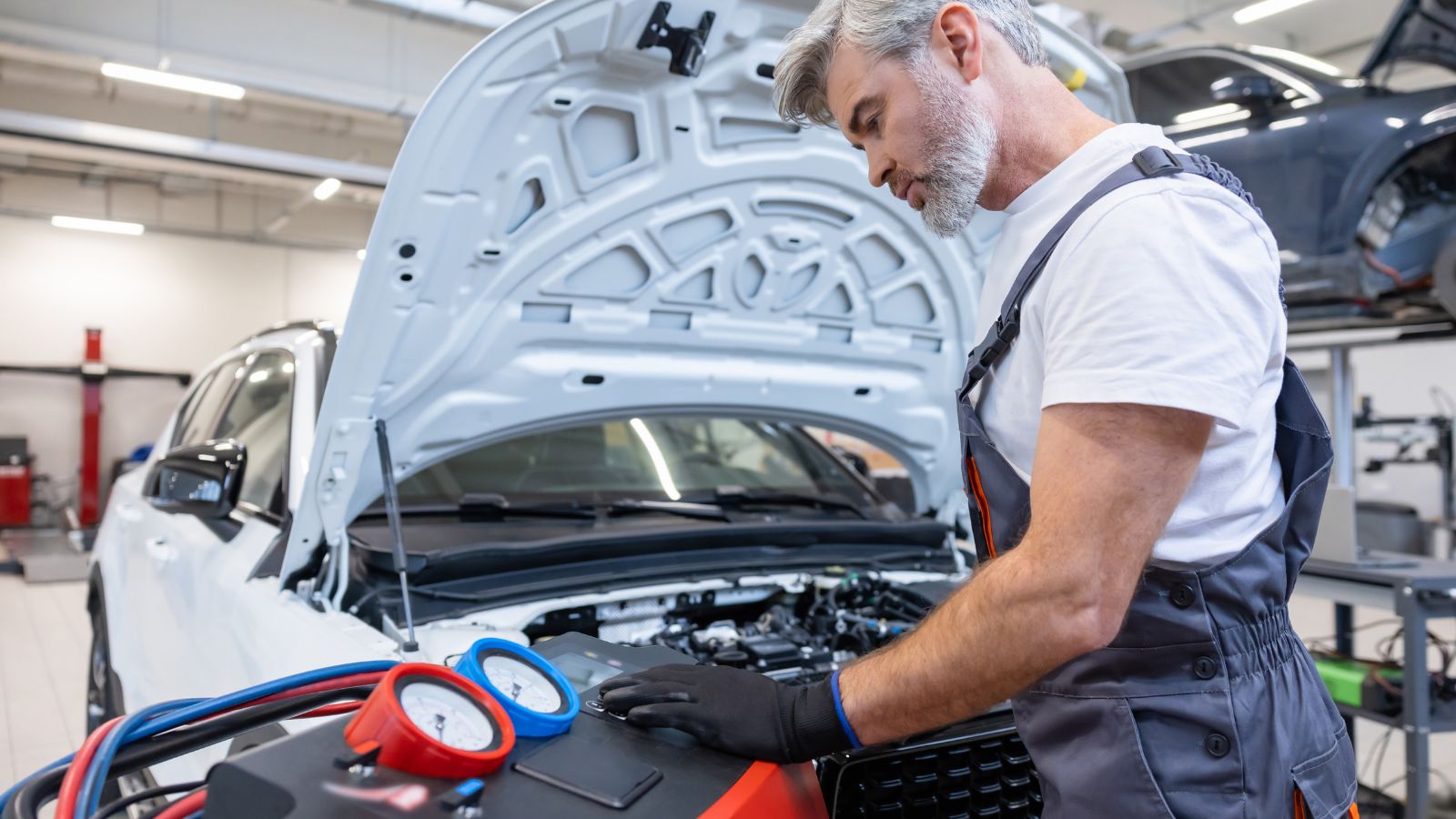
Air conditioning is a comfort feature that almost every driver takes for granted until it stops working. Fixing a refrigerant leak may cost $150 to $300, while replacing a compressor can run $1,000 for a budget sedan and closer to $2,500 for a luxury SUV. Electric cars still have compressors to cool the cabin and batteries, and those repairs are just as expensive, if not more. In hot climates, this is one repair you cannot afford to ignore.
25 Facts About Car Loans That Most Drivers Don’t Realize

Car loans are one of the most common ways people fund car purchases. Like any other kind of loan, car loans can have certain features that can be regarded as an advantage or a disadvantage to the borrower. Understanding all essential facts about car loans and how they work to ensure that you get the best deal for your financial situation is essential. Here are 25 shocking facts about car loans that most drivers don’t realize:
25 Facts About Car Loans That Most Drivers Don’t Realize
